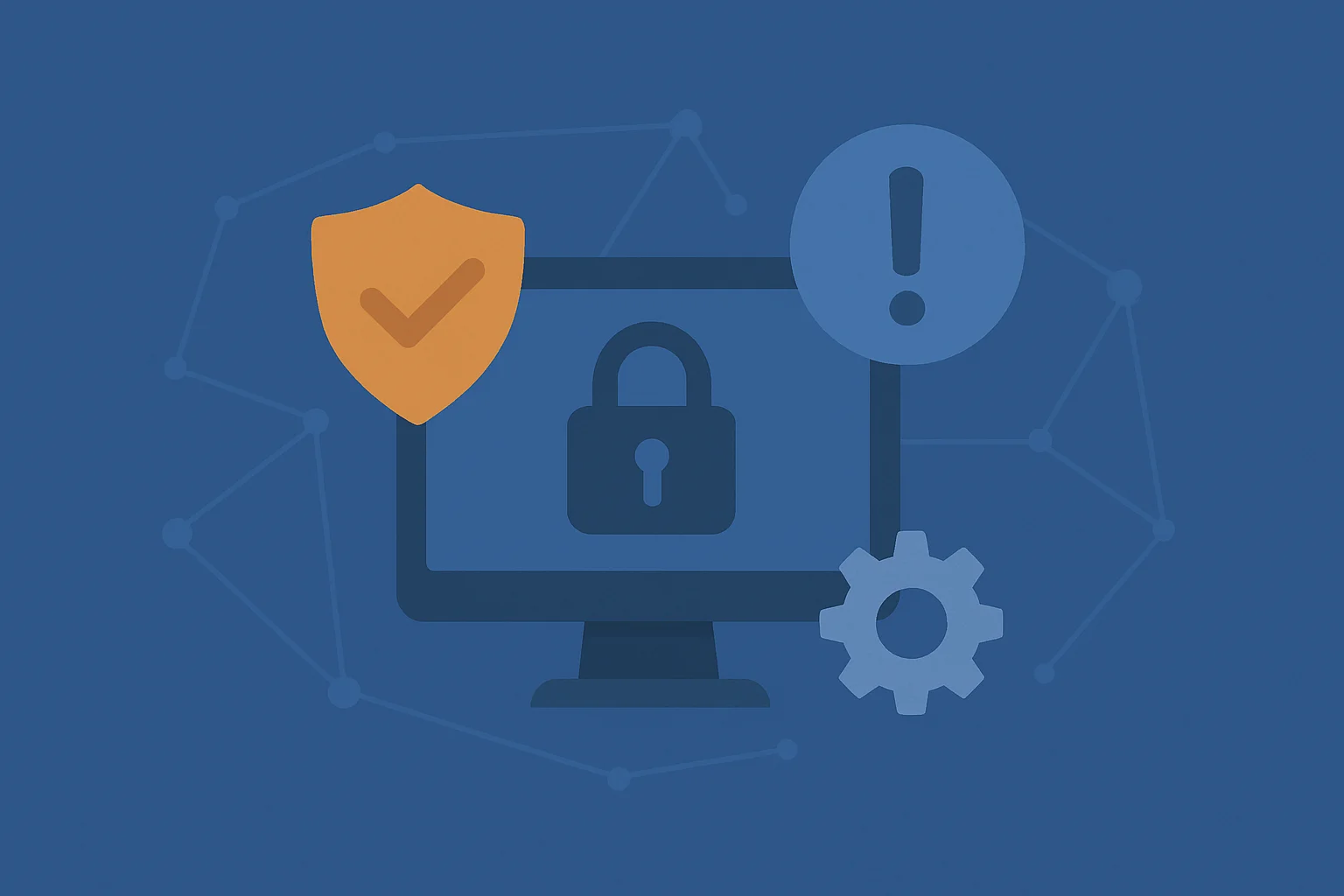
Introduction
In an era where online security is of paramount importance, SSL certificates have become a fundamental requirement for any website looking to build trust and protect sensitive data. The digital landscape is fraught with threats, making it essential for website owners to prioritize security measures. In this post, we’ll explore why SSL certificates are indispensable for website security, delving into their benefits, expert insights, and actionable advice for implementation.
The Importance of SSL Certificates
What is an SSL Certificate?
SSL, or Secure Socket Layer, is a protocol that establishes an encrypted link between a web server and a browser. An SSL certificate is a digital certificate that authenticates the identity of a website and enables an encrypted connection. This is crucial for protecting data such as credit card information, personal details, and login credentials.
Benefits of SSL Certificates
One of the primary benefits of SSL certificates is the enhanced security they provide. With encryption, data transmitted between the user and the web server remains confidential, significantly reducing the risk of data breaches. Additionally, SSL certificates help build trust with users; a website displaying HTTPS and a padlock icon signals to visitors that their information is secure.
Expert Insights on SSL Implementation
Boosting SEO Rankings
Search engines, particularly Google, favor websites that implement SSL certificates. By securing your site with HTTPS, you not only protect your users but also improve your chances of ranking higher in search results. This makes SSL certificates a dual-purpose investment in security and visibility.
Types of SSL Certificates
There are several types of SSL certificates available, including Domain Validated (DV), Organization Validated (OV), and Extended Validation (EV) certificates. Each type offers different levels of validation and security, allowing website owners to choose based on their specific needs and the level of trust they wish to convey to their users.
How to Implement SSL Certificates
Choosing the Right Certificate
When selecting an SSL certificate, consider the nature of your website. For e-commerce sites handling sensitive transactions, an EV certificate may be appropriate, while smaller blogs may suffice with a free DV certificate. Research reputable certificate authorities (CAs) to ensure you’re obtaining a reliable product.
Installation Steps
Installing an SSL certificate typically involves generating a Certificate Signing Request (CSR), submitting it to your chosen CA, and then installing the certificate on your web server. Many hosting providers offer one-click SSL installation, simplifying the process for website owners.
Conclusion
SSL certificates are not just an optional feature; they are a necessity in today’s digital environment. By securing your website with SSL, you protect your users, enhance your SEO, and build credibility in an increasingly skeptical online world. For businesses looking to ensure their online presence is secure and trustworthy, partnering with an expert agency like Pecan Studio Web Agency can provide the guidance needed to navigate the complexities of website security effectively.
Explore our full range of services by visiting the Pecan Studio Web Agency services page and see how we can help bring your ideas to life.



